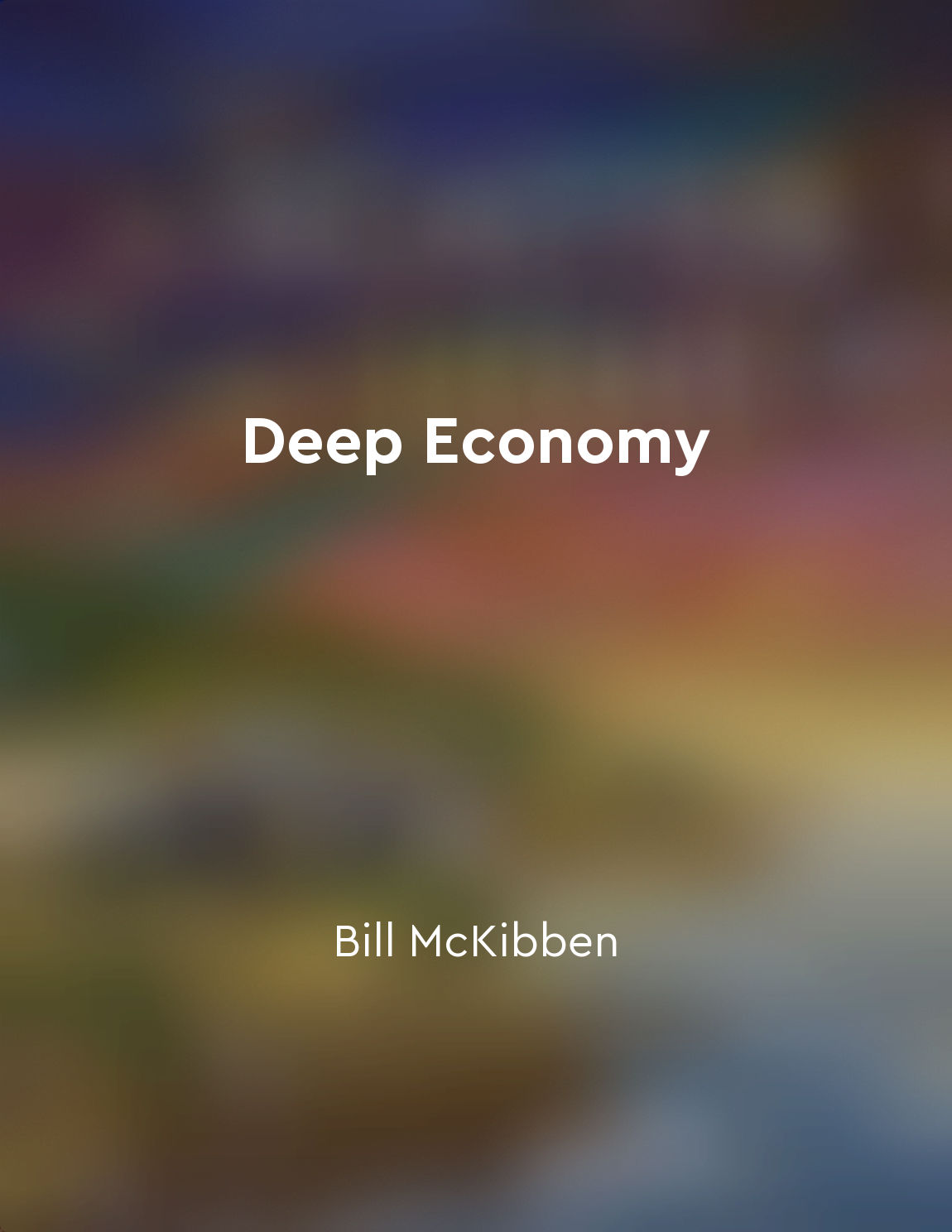Cultural capital plays a crucial role in shaping individuals' tastes from "summary" of Distinction by Pierre Bourdieu
Cultural capital is a significant force that influences individuals' tastes and preferences. This form of capital is not just about material wealth or economic status; rather, it encompasses the knowledge, skills, and behaviors that one acquires through their socialization process. These cultural resources are vital in shaping an individual's cultural preferences and consumption patterns. Individuals with a higher cultural capital tend to gravitate towards certain cultural objects, practices, and lifestyles that are considered prestigious or valuable within their social circles. This inclination is not merely a matter of personal preference but is deeply ingrained in the individual's socialization and upbringing. The exposure to certain cultural forms and practices from an early age can shape one's tastes and preferences in the long run. Moreover, individuals with higher cultural capital have a better understanding and appreciation of cultural symbols and meanings. They are more likely to engage with cultural texts and practices that are considered intellectually stimulating or artistically significant. This heightened cultural sensitivity allows them to distinguish between different cultural forms and genres and make informed choices about what they consume. On the other hand, individuals with lower cultural capital may not have the same level of exposure or appreciation for certain cultural forms. Their tastes and preferences may be shaped by their immediate social environment, which may not value or prioritize certain cultural practices or objects. As a result, individuals with lower cultural capital may not have the same access or inclination to engage with certain cultural products or practices that are considered prestigious or valuable.- Cultural capital plays a crucial role in shaping individuals' tastes by influencing their preferences, choices, and consumption patterns. It is not just about what one likes or dislikes but is deeply rooted in one's social background, experiences, and knowledge. Understanding the role of cultural capital in shaping tastes can provide valuable insights into the ways in which individuals engage with culture and society.
Similar Posts
China transformed from a command to market economy
China's transition from a command to a market economy marks a significant shift in its economic structure. This transformation ...
Global disparities in wealth
Global disparities in wealth are a fact of life that has existed for centuries, and they are not likely to disappear anytime so...
The search for perfection fuels narcissistic tendencies
The search for perfection, as we have come to understand it in our modern society, has an insidious effect on our collective ps...
Personal values play a role in decisionmaking
Personal values are the principles that individuals hold dear to their hearts and use as guiding principles in their lives. The...
Technology should not replace human interaction
In an age where technology seems to dominate more and more aspects of our lives, it is important to remember the value of human...

The role of genes and environment in shaping personality and happiness
Genes play a significant role in shaping our personalities, determining about half of the variation in our temperament. This me...

Allyship requires action
Allyship is not just about words; it's about action. It's about showing up for others, standing with them, and actively working...

Social connections are key to happiness
In our modern society, we often place great emphasis on material wealth and individual achievements as the primary sources of h...
Transformation and growth
The idea of transformation and growth is a central theme that runs throughout the pages of Nigel Hamilton's 'Biography.' It is ...
Marketing channels help reach customers effectively
Marketing channels play a crucial role in ensuring that products and services reach customers efficiently and effectively. Thes...

